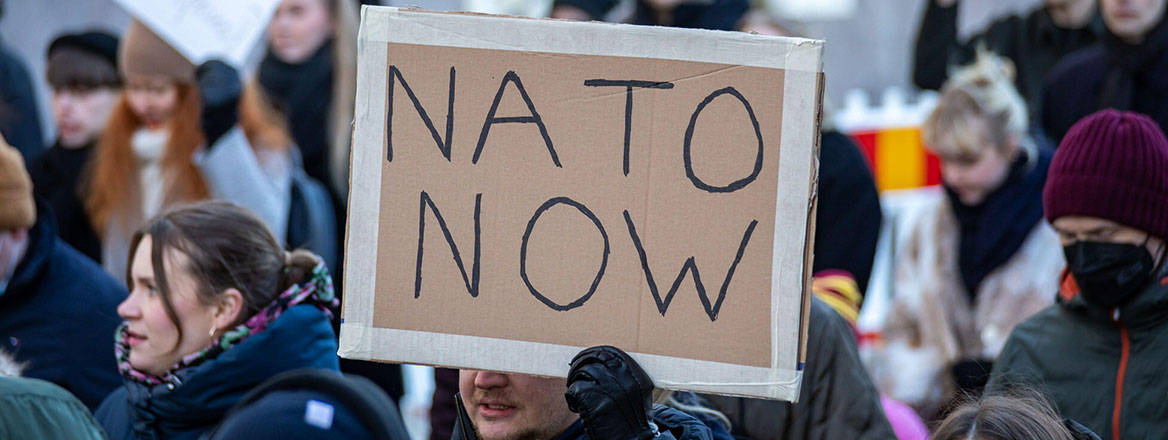Foreign Policy Attitudes and National Alignments in Times of Chinese and Russian Threats: Public Opinion Across Three NATO Members
A three-country study sheds light on how publics would like their countries to engage on the international stage.
The increased support for NATO following Russia’s invasion of Ukraine is hardly surprising and matches theories of public opinion in times of war. This article unpacks this headline, considering not just Russian and Chinese pre-war behaviour but the underlying foreign policy attitudes of citizens across three different NATO member states. When grey-zone tactics were the preferred mode of action for both Russia and China, were citizens in NATO countries such as the US, the UK and a former Soviet state such as Lithuania in agreement on how to respond to threats? Using survey data from March 2021, Catarina P Thomson finds that although NATO is generally perceived as the first port of call, the dynamics underlying such support vary between these three countries.

